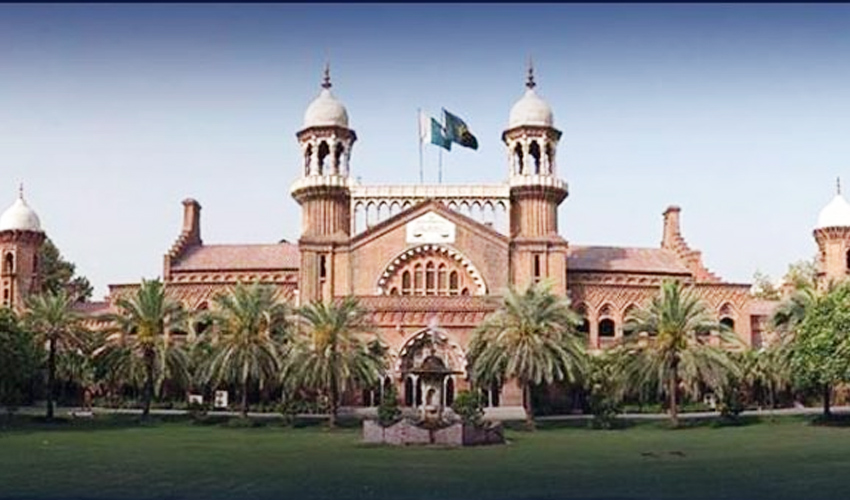From Abid Usman
LAHORE: A petition was filed in the Lahore High Court (LHC) on Wednesday to restrain PML-N supremo Nawaz Sharif from chairing administrative meetings as he does not hold any official position.
Petitioner Mushkoor Hussian made former premier Nawaz Sharif a respondent in the case with the stance that the PML-N supremo cannot chair administrative meetings and issue any directions to the Punjab cabinet and state functionaries without holding any official position in either the provincial or federal governments.
The petitioner maintained that Nawaz is only a member of the National Assembly.
He added that the PML-N chief made a ‘conspicuous’ appearance by chairing three administrative meetings of the Punjab government, Chief Minister Maryam Nawaz. He added that the act had raised many constitutional questions.
“An official handout issued after the meeting said the party supremo Nawaz issued directions to ministers and officials regarding different infrastructure projects, including the underground train and metro bus, farmers’ plight, electric bikes for students, and Ramazan relief package,” the petition stated.
The petitioner also termed the act of chairing meetings and passing directions by the former premier ‘illegal’, stating that it is against the Constitution, democracy, and Punjab Government Rules of Business 2011.
It is widely believed that the PML-N supremo is the one calling the shots on all major decisions despite having no official role in the province.
CM Maryam also left no doubts about it when she replied to a question by saying that “It is Nawaz Sharif’s government”.
Nawaz on Wednesday chaired a special meeting of the Punjab government alongside Maryam Nawaz and stressed the pressing need to address the potential hike in utility prices imposed by the global lender.
He reiterated the need to prioritise farmers’ concerns, stressing that government funds should be dedicated to supporting agricultural initiatives. He also emphasised the importance of ensuring fair compensation for farmers’ labour and shielding them from exploitation by middlemen.




